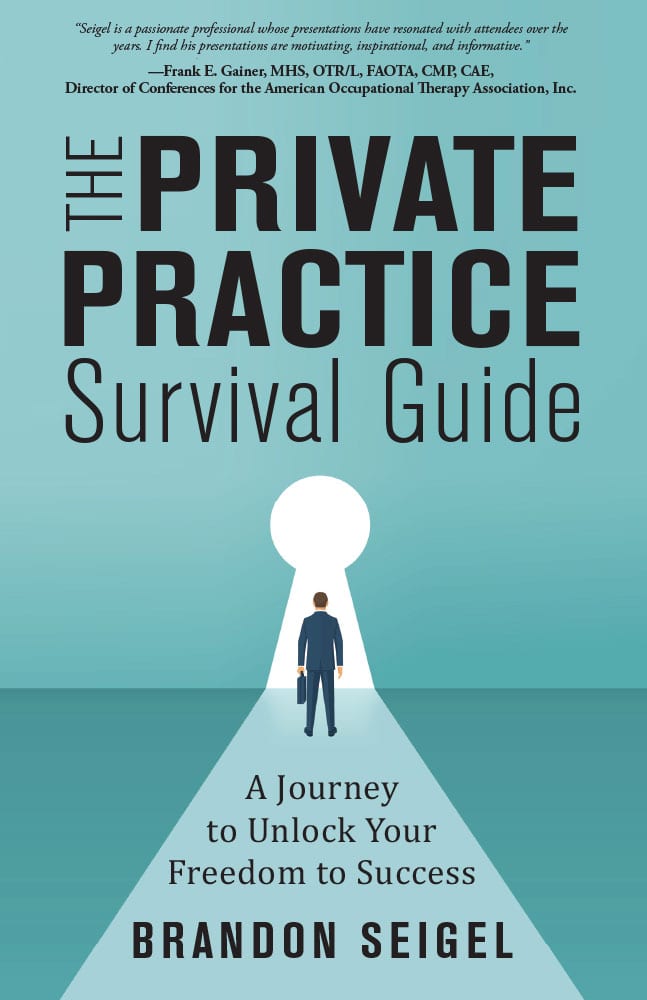What It Takes To Succeed As A Business Owner

There are a few abilities you’ll want to know about and zero in on if you wish to proceed in this area. What’s most important is that you’re passionate about the business and product or service you’re selling so that you’re able to stay motivated when there are obstacles to face and rough patches to endure.
Committing to being Financially Stable
It takes your business to be financially stable if you wish to succeed as a business owner. For example, if you own a law firm, then you might consider looking into funding for lawyers services that can help your business stay on its feet and survive even when money is tight. Be glad to know there are options and financial products out there that can help get you through challenging times. It’s in your best interest to always be aware of what money you have and that your books are accurate if you’re going to run a profitable business. You’ll sleep a lot better at night knowing your finances are strong and that you don’t have to be dealing with unwanted surprises constantly.
Providing Excellent Customer Service
Your clients should be your top priority as a business owner, and all you do should revolve around them. Without loyal customers, it’ll be challenging to keep your doors open, and you may soon experience a dip in your sales. It takes you offering customer service that goes above and beyond if you want to be successful as a business owner. Train your employees and make sure everyone is on the same page so that you’re always consistent and your staff knows how to handle difficult situations or questions.
Being Fully Dedicated
It’s going to take you being hugely dedicated to your business if you want to be successful. There’s not going to be a lot of time for much else when you own and are managing a company. Therefore, make sure your schedule is clear and that you’re fully engaged in what you’re doing each day. You’ll likely have to make some sacrifices so that you can keep your business on track and heading in the right direction. You may not have the flexibility you imagined having as a business owner when you’re first starting out, so plan ahead and know that you may not have a whole lot of free time initially.
Being Organized
It’s also vital that you’re organized when you’re in charge of your own business. You should know where your essential files and information is stored at all times. Make sure your office is tidy and that your computer files are organized into appropriate folders for easy access. The more organized you are, the better, and more smoothly your business will function. You especially want to keep organized so that you can attend to your client’s needs right away when they reach out and need assistance.
Making Tough Decisions
As a business owner, it’s going to be your job to make the tough decisions. All of the answers aren’t always going to come to you right away. It may take you doing some deep thinking and meditating on information and facts before you can come to a conclusion. It’s also a good idea to get in the habit of problem-solving on your own instead of always relying on others for guidance and direction. While it’s okay to bounce ideas off of other people, you also want to be able to come to a final decision after having done your homework and contemplating the matter.
Focusing & Avoiding Distractions
It’s also going to take you being able to keep focused and avoid distractions if you want to be a better business owner. You’re going to be constantly pulled in a lot of different directions and can’t always attend to all that lands on your plate right away. It’s essential to document your goals and put your tasks in priority order so you can refer back to this information when you’re feeling overwhelmed or stressed out. Be sure to close your door and turn off your phone and email when you have critical matters to address and can’t afford to be distracted at the time.
Persevering through Challenges
If there’s one attribute you need to have as a business owner, it’s to be able to persevere. There are going to be inevitable trials and tribulations and roadblocks that are going to try to get in your way and slow you down. However, you have to be wise and rise above these interruptions and continue strong even when you’re feeling a bit defeated. Avoid worrying about all that could go wrong and focus on all that’s going right and that you’re doing well to help keep you motivated to succeed. There may also be people who will try to get in your way or competitors who are going to try to steal away customers from you. These are the sorts of instances when you have to be strategic and logical and to put on your thinking cap instead of letting your emotions take over.
Conclusion
You should now have a better idea of what it’s going to take to succeed as a business owner. Your experience managing your own company will be that much more pleasant and satisfying when you dedicate your energy to making sure you put these suggestions into practice. Remember to have some fun and enjoy your time working in your career as well because it will go fast. You want to be able to look back on your time as a business owner and feel you did all that was in your power to run a successful company and not have any regrets.

 When we examine entrepreneurs from all walks of life, whether at the start-up stage, scaling toward success or becoming serial entrepreneurs, many exhibit similar recognizable qualities. Successful entrepreneurs are able to recognize talent, are focused on growth, are purpose-driven and are agile in an ever-changing business environment.
When we examine entrepreneurs from all walks of life, whether at the start-up stage, scaling toward success or becoming serial entrepreneurs, many exhibit similar recognizable qualities. Successful entrepreneurs are able to recognize talent, are focused on growth, are purpose-driven and are agile in an ever-changing business environment. Brandon Seigel is an internationally known business coach and president of Wellness Works Management Partners. He currently manages multiple private practices and consults with entrepreneurs and private practices throughout the world. A recognized leader in today’s private practice environment, he is a frequent keynote speaker and trainer for organizations, associations and universities. His new book,
Brandon Seigel is an internationally known business coach and president of Wellness Works Management Partners. He currently manages multiple private practices and consults with entrepreneurs and private practices throughout the world. A recognized leader in today’s private practice environment, he is a frequent keynote speaker and trainer for organizations, associations and universities. His new book,  A company award ceremony is definitely something to get excited about. It is a chance for everyone to leave their work self at the door and unleash their glitzy and glamorous side. Nonetheless, in order to put on an award ceremony to rival the Oscars, you need to put an extensive amount of planning into place. This blog post will help you with that. Read on to discover some useful planning tips.
A company award ceremony is definitely something to get excited about. It is a chance for everyone to leave their work self at the door and unleash their glitzy and glamorous side. Nonetheless, in order to put on an award ceremony to rival the Oscars, you need to put an extensive amount of planning into place. This blog post will help you with that. Read on to discover some useful planning tips. Most small to mid-sized businesses have limited sales potential. These companies are often founded to capitalize on a perceived market opportunity and grow over time until eventually the owner has a healthy, and profitable company.
Most small to mid-sized businesses have limited sales potential. These companies are often founded to capitalize on a perceived market opportunity and grow over time until eventually the owner has a healthy, and profitable company. Jack Ogilvie is a founding member of Legacy Press Ventures. After selling his previous company, Techwood Consulting, to an ESOP, Jack started Legacy Press to help others do the same. You can learn more about his company
Jack Ogilvie is a founding member of Legacy Press Ventures. After selling his previous company, Techwood Consulting, to an ESOP, Jack started Legacy Press to help others do the same. You can learn more about his company  Many businesses start from home, but often the issue with that is at some point, you need to be able to expand and move forward. A business idea can outgrow your small home setup fairly quickly, and while you want to keep the costs as low as possible, you might end up getting to the stage where
Many businesses start from home, but often the issue with that is at some point, you need to be able to expand and move forward. A business idea can outgrow your small home setup fairly quickly, and while you want to keep the costs as low as possible, you might end up getting to the stage where